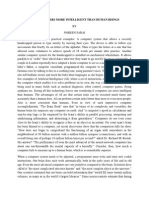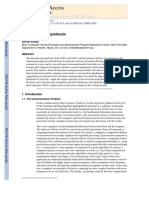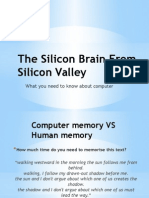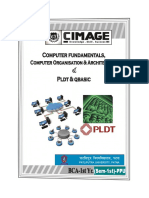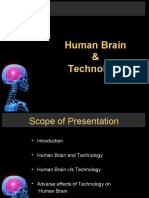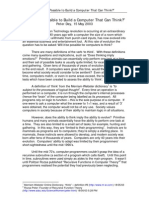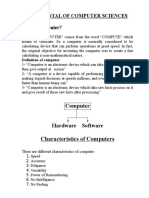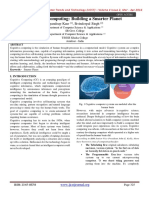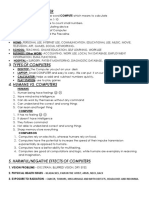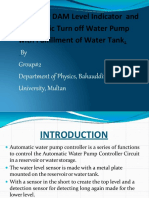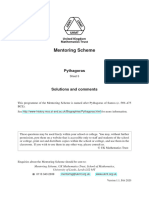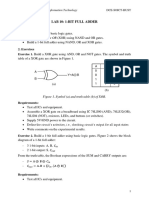0% found this document useful (0 votes)
303 views9 pagesHuman Vs Computer
The document compares human and computer abilities in storage, processing speed, memory, and energy efficiency. It finds that humans have significantly more storage capacity in the brain than computers, with an estimated 1 petabyte capacity, while computers are faster processors. Memory is unclear as computers always access facts but humans relate memories. However, the human brain is over 10 times more energy efficient than computers. Ultimately, there is no single winner as humans and computers each have their own strengths in different areas, and working together can utilize the best of both.
Uploaded by
nem nemCopyright
© © All Rights Reserved
We take content rights seriously. If you suspect this is your content, claim it here.
Available Formats
Download as PDF, TXT or read online on Scribd
0% found this document useful (0 votes)
303 views9 pagesHuman Vs Computer
The document compares human and computer abilities in storage, processing speed, memory, and energy efficiency. It finds that humans have significantly more storage capacity in the brain than computers, with an estimated 1 petabyte capacity, while computers are faster processors. Memory is unclear as computers always access facts but humans relate memories. However, the human brain is over 10 times more energy efficient than computers. Ultimately, there is no single winner as humans and computers each have their own strengths in different areas, and working together can utilize the best of both.
Uploaded by
nem nemCopyright
© © All Rights Reserved
We take content rights seriously. If you suspect this is your content, claim it here.
Available Formats
Download as PDF, TXT or read online on Scribd
/ 9

